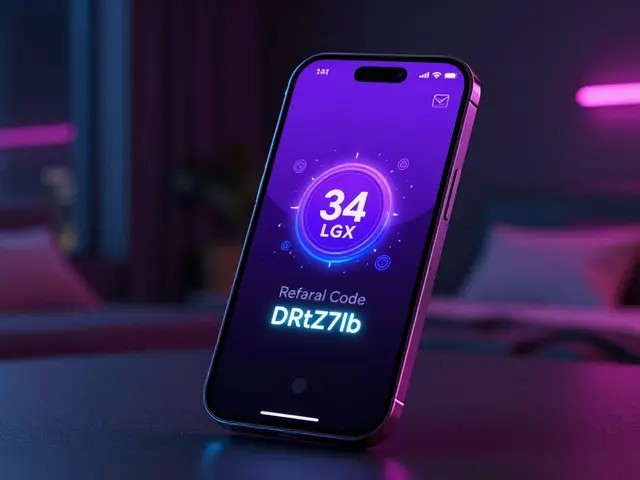DEX: Decentralized Exchanges Explained and What They Offer
When working with DEX, a decentralized exchange that lets users trade crypto assets directly from their wallets without a central intermediary. Also known as decentralized exchange, it runs on smart contracts that automate peer‑to‑peer token swaps. In short, DEX provides on‑chain trading, instant settlement, and full control of private keys. This model enables token swaps without custody, reduces counter‑party risk, and lets anyone list a new token without approval. Because the logic lives on the blockchain, the exchange can operate 24/7 worldwide, offering the speed of a centralized platform with the security of a trustless system.
Key Components of a DEX
At the heart of most DEXs is an Automated Market Maker (AMM), a protocol that uses a mathematical formula to set prices and execute trades automatically. Also called AMM, it replaces order books with a self‑balancing system that always has a price to quote. AMMs depend on Liquidity Pools, collections of crypto assets locked in smart contracts to enable trading. These pools are also known as pools and are funded by users who earn a share of the trading fees. The relationship is simple: DEX relies on liquidity pools to provide price quotes, and AMM algorithms ensure those quotes stay fair as market conditions shift. This combination lets anyone trade without waiting for a matching order, and it fuels the rapid growth of decentralized finance.
Beyond the core tech, a DEX lives inside the broader Decentralized Finance (DeFi), a set of financial services built on public blockchains that operate without traditional intermediaries. Also referred to as DeFi, it includes lending, borrowing, yield farming, and more. DEXs are a foundational layer for DeFi because they provide the market infrastructure needed for token swaps, price discovery, and asset onboarding. When you choose a DEX, you’ll consider factors like gas costs, token support, security audits, and community governance. The articles below dive into specific DEX projects, security best practices, and how to evaluate liquidity incentives, giving you a practical toolkit to navigate the ever‑expanding decentralized exchange landscape.





